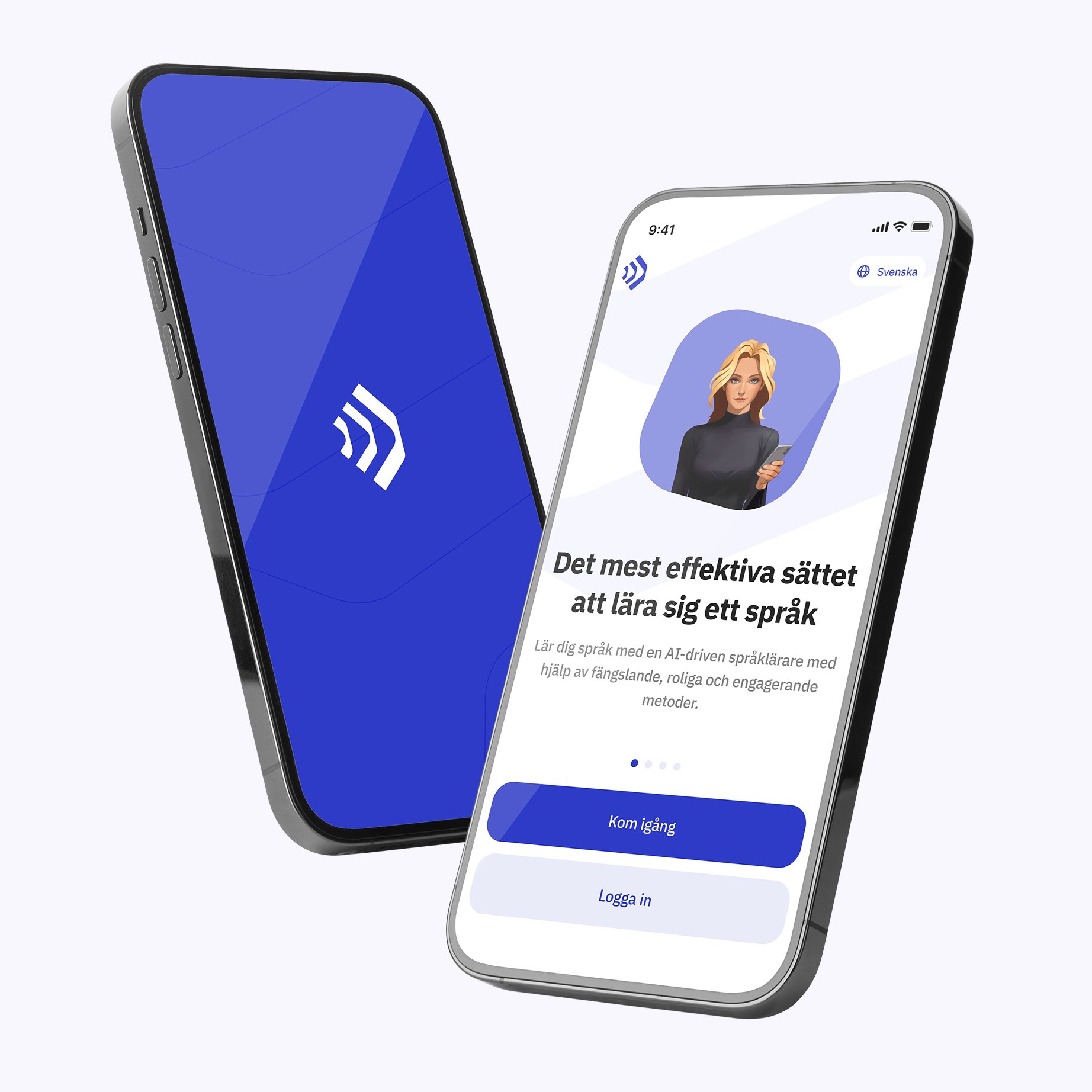Att öva på Future Perfect Progressive kan vara en utmaning, men det är en utmärkt väg för att förbättra din förståelse för engelsk grammatik. Nedanstående övningar är framställda för att hjälpa dig använda och känna igen detta tempus korrekt. Sätt igång och fyll i de tomma utrymmena med rätt form av verbet i Future Perfect Progressive.
Övning 1: Komplettera meningarna
By the end of the year, she *will have been working* (work) at the company for a decade.
If you wait until August, they *will have been living* (live) in that house for two years.
By the time we get to the concert, the band *will have been playing* (play) for an hour.
I *will have been studying* (study) English for four years by the time I graduate.
How long *will she have been driving* (drive) by the time she reaches the coast?
They *will have been trying* (try) to solve the problem for weeks without any success.
By next month, we *will have been practicing* (practice) our dance routine for over three months.
He *will have been waiting* (wait) for his permit for more than six months by the time it arrives.
I’m sure that by the time they return, they *will have been exploring* (explore) the jungle for several days.
She *will have been teaching* (teach) at the university for twenty years next June.
Övning 2: Använd rätt form av verbet
By 8 o’clock tonight, we *will have been traveling* (travel) for twelve hours straight.
He won’t be tired at the competition because he *will have been resting* (rest) the day before.
By the time the rain stops, they *will have been walking* (walk) in the storm for hours.
The team *will have been preparing* (prepare) for the tournament for months by the time it starts.
I wonder how many books she *will have been writing* (write) by the end of the year.
They *will have been discussing* (discuss) the issue all day by the time we arrive.
By this Friday, my parents *will have been married* (marry) for thirty years.
She *will have been running* (run) her own business for a decade by 2023.
It looks like we *will have been missing* (miss) the point of this exercise by the end of it.
By midnight, the scientists *will have been observing* (observe) the comet for several hours.










